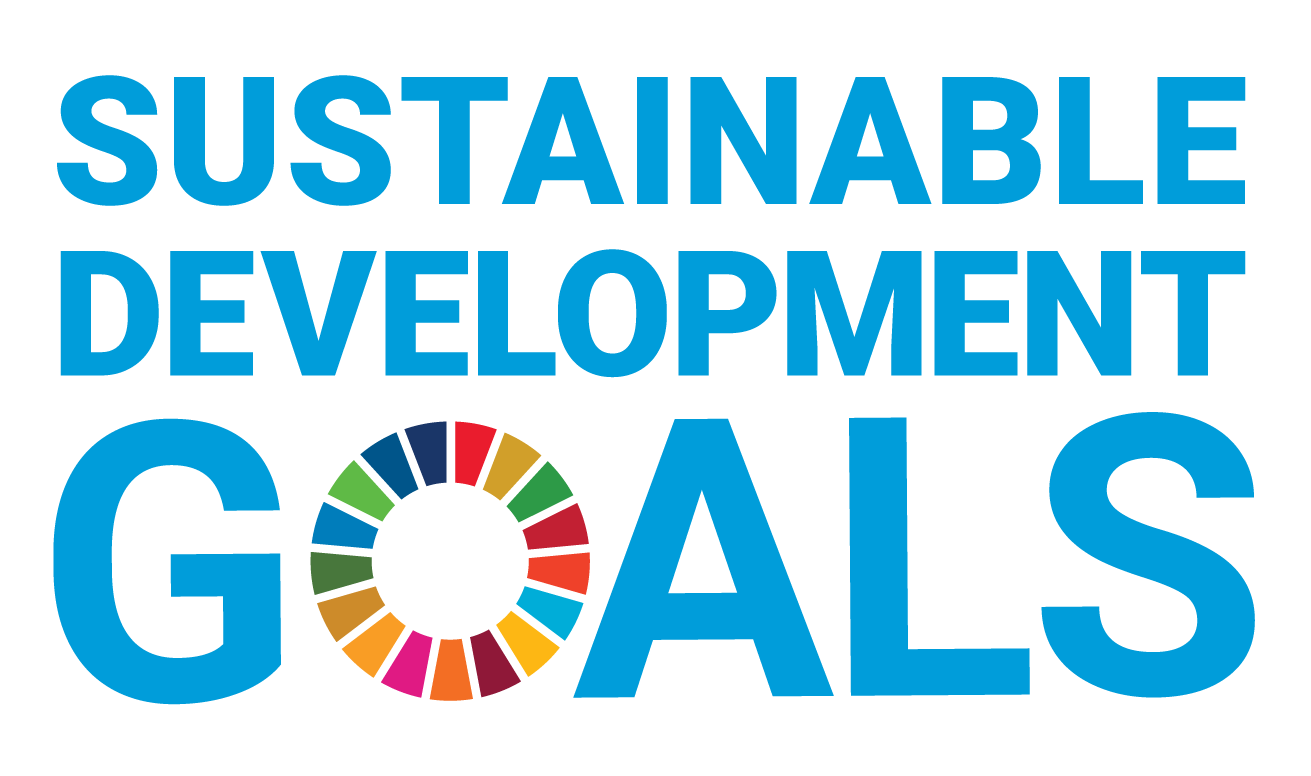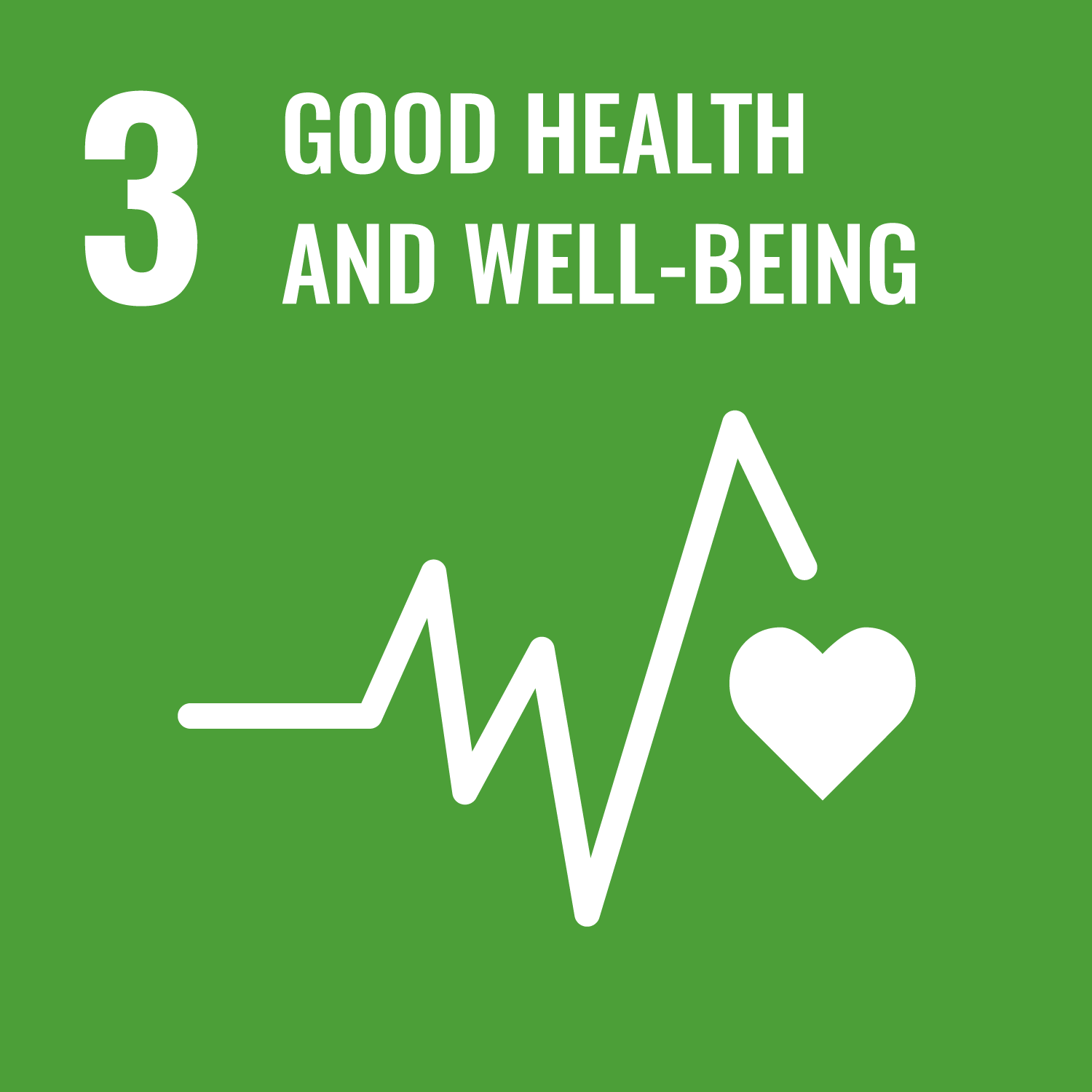Search for a Golden Age
You can search for courses, events, people, and anything else.
People who are overweight are at increased risk of a range of chronic diseases, but are less likely to seek medical help. Western Sydney University researchers are working with healthcare professionals to break stereotypes surrounding people with obesity, and ensure they receive the care they need.
Western’s Kate McBride at first became aware of this problem when she was doing her PhD research on the feasibility of cancer screening for Li-Fraumeni Syndrome, a hereditary predisposition to multiple types of cancers. “I became interested in this obesity space through breast screening,” she says. “We’ve shown that obesity is a barrier to breast screening. Often women with obesity will go once, but won’t return, because they didn’t have a particularly good experience. It’s really concerning because obesity is the number one risk factor for postmenopausal breast cancer.”
A large part of this reluctance to see medical professionals is the stigma associated with obesity. “Healthcare professionals might not see that a person hasn’t deliberately chosen to be obese,” explains McBride, who is a senior lecturer at Western’s School of Medicine and the Translational Health Research Institute. “There are many contextual factors like where they live, their economic status, their education level and their cultural background. All these factors contribute to whether a person is going to become obese or not.” McBride notes that healthcare professionals can sometimes exhibit a victim-blaming mentality. “They just tell that person: ‘You need to do something about your weight. Go and exercise. Go and eat healthily.’ But they don’t consider those contextual factors.”
This stigma can lead to dire outcomes. “Some people can’t leave their homes because they don’t have the support or motivation to get out there and even start to think about trying to lose weight,” says McBride. “They know that they’re dying because they’ve got high blood pressure; they’ve got high cholesterol; many of them have got diabetes. They can’t even go to the kitchen without feeling breathless and unwell, and they’re trapped in their homes.”
Need to know
- The obesity rate in parts of western Sydney exceeds the national average.
- People who are overweight are less likely to seek medical help.
This problem is especially acute in parts of western Sydney, for example the Nepean-Blue Mountains region where the obesity rate of 29.3% exceeds the national average of 27.5%. This is due to factors such as low health literacy, an obesogenic environment, including a plethora of fast-food outlets, and a low socioeconomic demographic. This is creating a crisis in the public health system in western Sydney where hospital admission rates for chronic disease complications are soaring,” says McBride. “People tend to sidestep their GPs and then present at emergency departments when things get to a really acute phase.”
McBride and her group are attacking the problem on various fronts. They are constructing a comprehensive picture of how obesity affects healthcare access by measuring rates of presentation and analysing the issues faced by people with obesity and their healthcare providers. This information will inform the development of better healthcare management. The team is also working with the primary-health network in western Sydney to consider how to improve GPs skills to help them be more supportive.
But McBride realises that more is needed in the long term. “It requires a societal change in the way people who are overweight or obese are perceived because they suffer greatly by people being judgmental about them.”
Meet the Academic | Doctor Kate McBride
Kate's broad research expertise is in epidemiology, public health and the improvement of health at a population level through the prevention of and reduction of chronic disease. Kate's research focusses on the prevention and management of chronic disease including cancer, diabetes and obesity within high risk, marginalised populations which includes through the optimisation of healthcare access among these individuals. Kate coordinates and teaches on several population health and evidence-based medicine units in the MD degree as well the Masters of Epidemiology. Kate began working at Western Sydney University in 2013 and most recently, was appointed as Senior Lecturer in Population Health with the School of Medicine and Translational Health Research Institute.
Kate undertook a BSocSc in Anthropology (Manchester University) before working in the private sector for several years. Following a move to Australia, Kate began work in the health research sector at Sydney University before completing her MPH(Hons) there in 2012. Kate was awarded her PhD from Sydney University in 2016 and throughout her PhD continued to work on several projects with Sydney Medical School as well as teach epidemiology and public health within the School of Public Health. Kate's PhD focused on the management and screening of individuals at high risk of cancer due to a hereditary mutation.
Related Articles
Credit
This research was funded by Nepean Blue Mountains Population Health.
© cienpies/iStock/Getty © Hush Naidoo/unsplash
Future-Makers is published for Western Sydney University by Nature Research Custom Media, part of Springer Nature.








